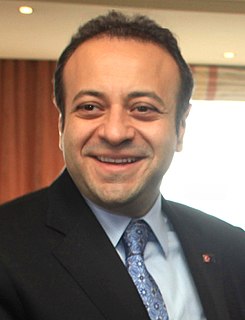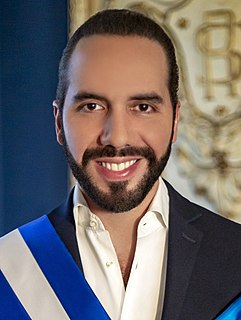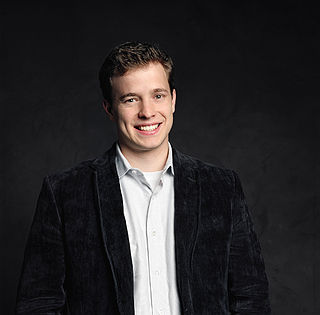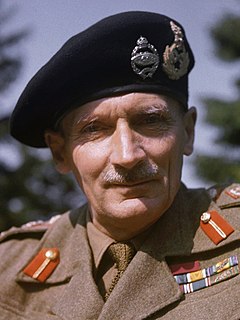A Quote by Viktor Orban
If you want to decide the question of migration without asking your citizens against the will of the people, you are fighting a losing battle.
Related Quotes
What is there to understand? The significance of life? How long will it take to understand the significance and the meaning of life? 20 years? 30 years? And the same question will be here in another 20 years, I guarantee you. Until you stop asking that question. When that question is not there, you are there. So that's the reason why you keep asking the question: you do not want the question to come to an end. When that comes to an end, there will not be anybody, left there, to find out the meaning, the purpose and the significance of life.
By thinking you cannot decide. It is not a question of deciding as a logical conclusion, it is a question of choiceless awareness. You need a mind without thoughts. In other words, you need a no-mind, just a pure silence, so you can see directly into things. And out of that clarity will come the choice on its own; you are not choosing. You will act just as a buddha acts. Your action will have beauty, your action will have truth, your action will have the fragrance of the divine. There is no need for you to choose.
Turkey is united against terror. People from left and right, men, women, children, different ethnicities, different religious groups are all united, and they're all condemning terrorism. We have been fighting against PKK terrorism. We're fighting against Daesh, ISIS. We're fighting against FETO. We're fighting against the HKPC. So we know how hard dealing with terrorism is.
If you're losing the battle against a persistent bad habit, an addiction, or a temptation, and you're stuck in a repeating cycle of good intention-failure-guilt, you will not get better on your own. You need the help of other people. Some temptations are only overcome with the help of a partner who prays for you, encourages you, and holds you accountable.


































